Name this molecule
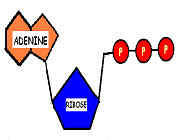
3. Tell what the molecule above does in living things.
Image by Riedell
INTRO TO BIOLOGY Chapters 1
& 2 Practice TEST
Use paper and pencil to answer the ?'s.
You can check your answers at the end.
1. Name the subunit used to make polysaccharides.
| 2. Name this molecule |
 3. Tell what the molecule above does in living things. Image by Riedell |
4. Give the symbol for a sodium ion.
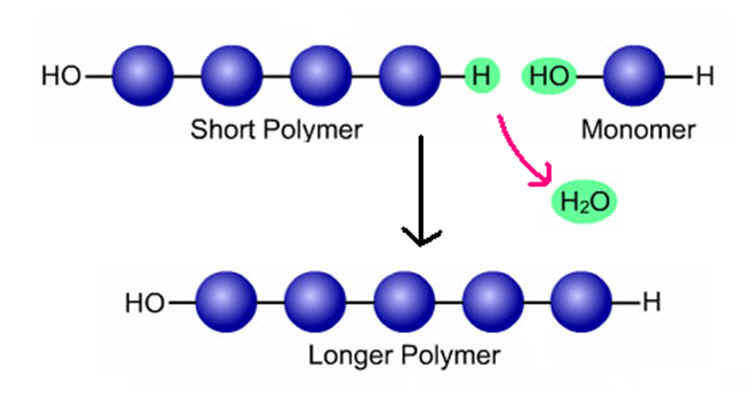 http://www.usd116.org/apalla/biology/unit3/notes/3notes1.htm |
5. Name this reaction
hydrolysis dehydration synthesis |
6. RNA & DNA are both
__________________|
lipids
carbohydrates nucleic
acids proteins
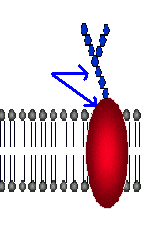 |
7. Name this molecule and tell what it does in cells. |
8. Enyzmes are _______________.
lipids carbohydrates nucleic acids proteins
9.Tell one way DNA is different from RNA
10.Which polysaccharide is the storage form of glucose in animal cells ?
 |
| 11. Name C in this enzyme catalyzed reaction. |
12. Name a factor that could cause the shape of B (above) to change.
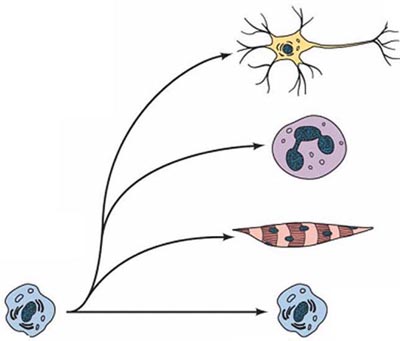 |
13. Name the vocab word that tells what these cells are doing |
| 14. This green
fish is a _____________ autotroph heterotroph |
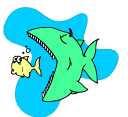 |
| 15. Name this
molecule.
16. Which part of this molecule is hydrophobic? tails head |
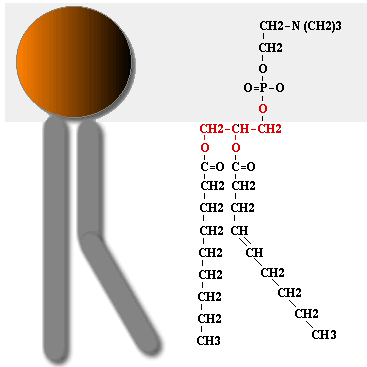 |
| 17. Which monomer would you use to build a protein? | A
|
B
|
C
|
18. Maintaining a constant internal environment is called _______________.
19. Name the nitrogen base in RNA but NOT
DNA.
20. Proteins that help chemical reactions happen faster are called ___________.
21. Polar molecules are ________________
hydrophilic hydrophobic
22. The place where the substrate binds an enzyme in an enzyme reaction = ______________________
23. __________________ is a type of
chemical reaction in which a molecule is broken apart by the addition of the H
and OH from a water molecule.
| 24. Which molecules
you learned about could you build with this subunit?
|
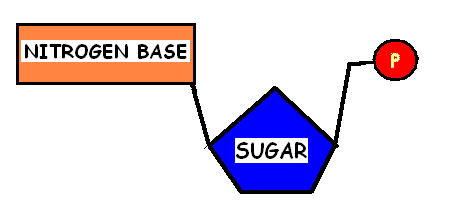
|
25. Which protein in red blood cells carries
oxygen to body cells?
26. DNA and RNA are __________________
lipids proteins nucleic acids carbohydrates
27. All the chemical reactions that build up and break down molecules in
cells is called _________________
28. Tell the symbol for a HYDROGEN ION.
29. Atoms with an electric charge are called _________
30. Name the protein hormone that tells animal cells to store glucose as glycogen.
ANSWERS:
1. glucose
2. ATP
3. stores energy in cells
4. Na+
5. dehydration synthesis
6. RNA and DNA are nucleic acids
7. glycoprotein; identify "self"
8. proteins
9.
| DNA | RNA |
| double stranded | single stranded |
| nitrogen bases used are A,T,G,C | nitrogen bases
used are A,U,G,C |
| stores genetic info | carries info
from DNA to cell; helps in protein synthesis |
| No Uracil | No Thymine |
| deoxyribose sugar | ribose sugar |
10. glycogen
11. substrate
12. extreme pH or temperature can denature enzymes
13. differentiation
14. heterotroph
15. phospholipid
16. Tails are hydrophobic.
17. B is an amino acid used to make proteins
18. homeostasis
19. uracil
20.enzymes
21. polar molecules are hydrophilic
22. active site
23. hydrolysis
24. nucleic acids
25. hemoglobin
26. nucleic acids
27. metabolism
28. H+ (Don't forget the + ... its an ion!)
29. ions
30. insulin